Materials
Every sock is unique in terms of quality and design. A sock sold in a budget supermarket is likely to be made with cheaper synthetic yarn which is great for the wallet, but not necessarily for your comfort. We want to plug the gap between quality and price – essentially giving you great quality socks at half the price of competitors. this is why we use combed cotton and bamboo for most of our socks – you can feel the difference!
However, different materials are used for different applications – for instance you wouldn’t use a bamboo sock to go running in because you would be likely to slide around. The below is a brief introduction to materials and why they are used.
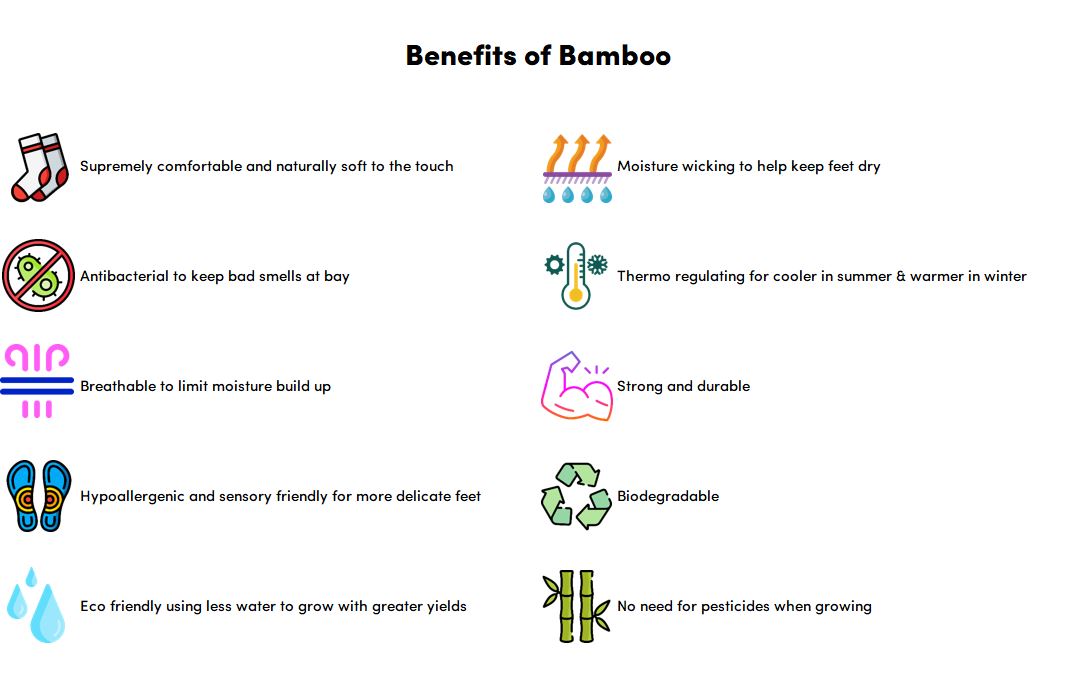
Bamboo Socks
Bamboo fiber is getting more and more widely used and is something we are very keen to use. Bamboo socks are made from eco-friendly organic fibers and, therefore, completely sustainable. Bamboo is grown organically and there is no need for pesticdes or fertilizer as it grows organically up to 1 meter a day. Bamboo requires around 500 litres of water to produce 1kg – compared with 20,000 litres for cotton.
It is 40% more absorbent than cotton, able to wick away moisture from the skin much faster and keep skin dry and comfortable. Bamboo material also offers anti-bacterial properties, and able to repel odors. Socks made of bamboo feature great softness and lightweight, absorbing moisture, drying quickly and are breathable. All of those features make bamboo socks a good choice whether you struggle with cold feet in winter or sweat easily during hot summer time. Bamboo socks are hypoallergenic, which means it is more natural and is designed to be non-irritable.
However, bamboo isn’t as durable as cotton and can pile more easily. Also the soft shiny texture would not be suitable for sports. Sometimes the design itself can mean bamboo is not a good choice, or we may blend with cotton to give better durability and reduce piling. These are seen as best of both worlds
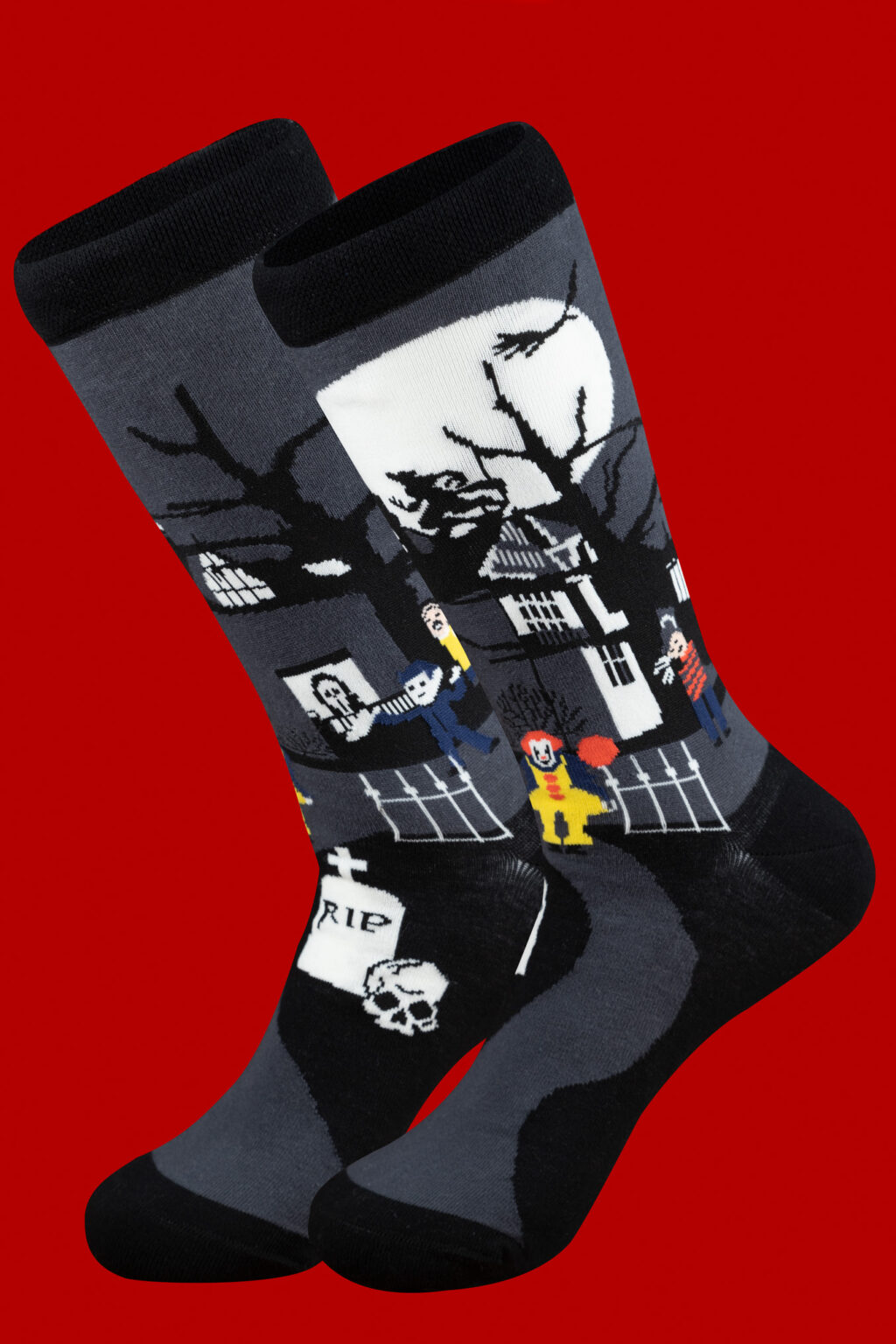
Combed Cotton
Combed cotton, literally is combed, leaving long, straight cotton fibers only by removing short fibers and impurities to make the fabric stronger and softer. It is very soft version of cotton, making combed cotton very suitable for sensitive skin. It also pill less than regular cotton and also more durable. It dries easily, absorbent, and anti-odor.
However it is also more expensive than conventional cotton and often used for high quality fabrics with high thread counts. the majority of our socks use this and is superior to standard cotton socks. Most of our cotton socks are made of 75% cotton or above, with other fibers such as polyester, acrylic, or nylon will be added to make socks more elastic, wearable and comfortable.
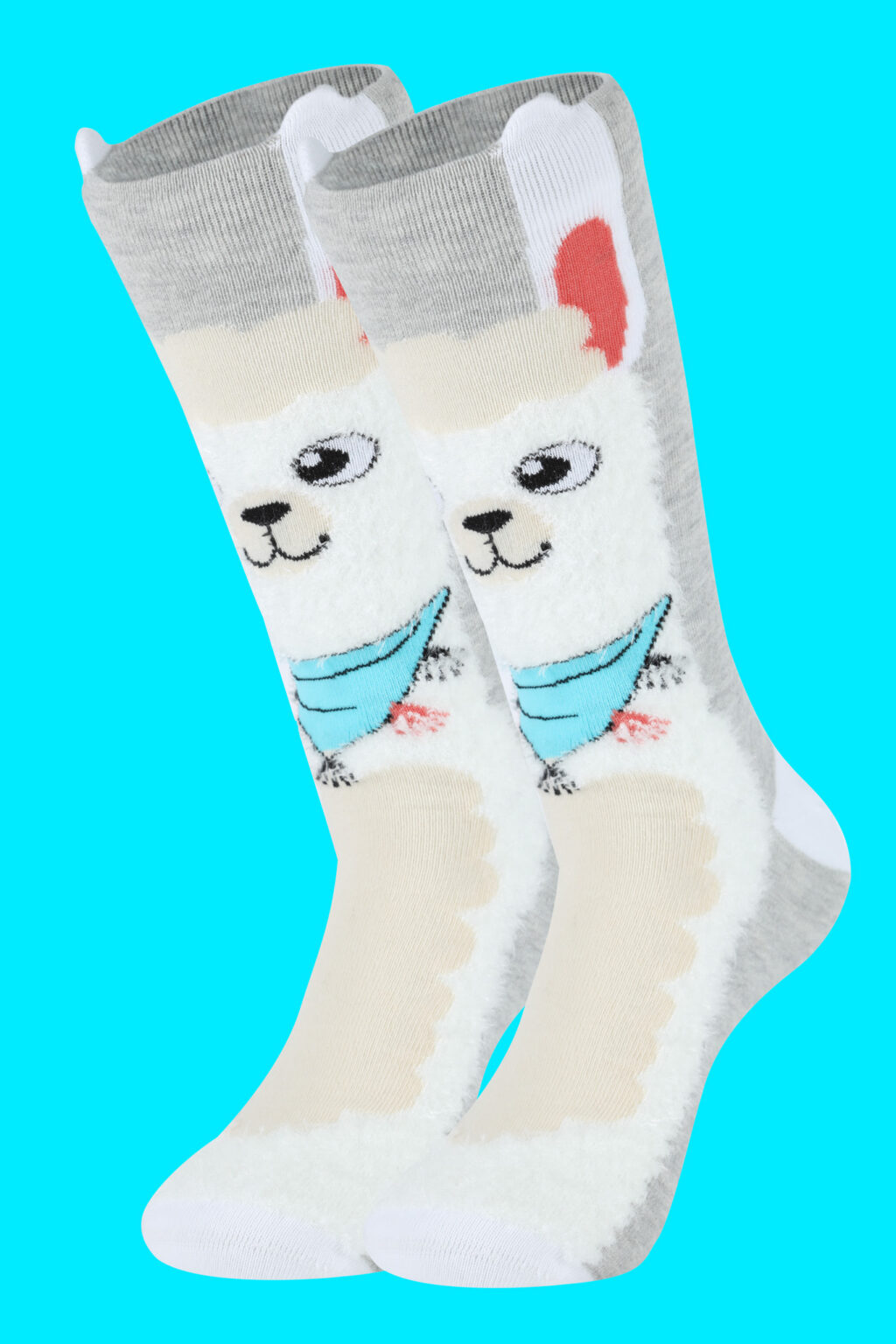
Cotton Socks
Cotton is the standard in the sock world, but are inferior to combed cotton and bamboo. In our daily life, most of us prefer to choose “pure cotton” socks. However rarely will you get a 100% cotton sock and something which you probably would not want. 100% cotton will completely lose elasticity, shrink heavily in water, worn easily, and not as durable as other materials.
Cotton does not have moisture-wicking quality, it absorbs sweat quickly and can become damp when enclosed in a shoe, leading to odour or dreaded smelly sock syndrome.
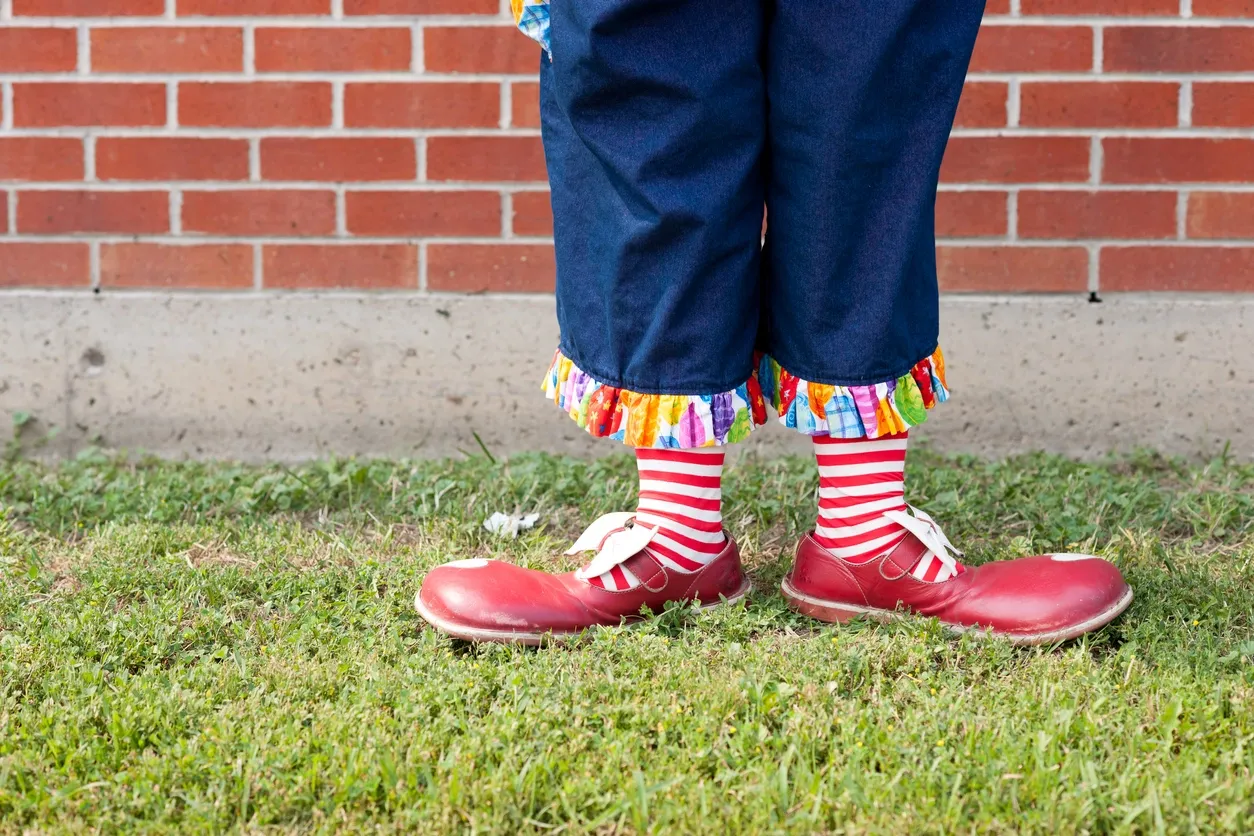
Polyester
Polyester is a strong synthetic fibre, which is very resilient and can withstand a lot of wear and tear. It lasts longer and fades less than cotton. It is durable, wrinkle resistant, hydrophobic in nature and quick-drying. Polyester will generally last longer than cotton, if it’s taken care of properly and will fade less. They are also a considerably cheaper material.
However, polyester socks do not breathe well, do not absorb moisture and do not allow sweat to evaporate off the feet (ie not breathable which will make your feet sweat).. It is not a desirable choice for summer time or if you sweat a lot. It is used as a cheap alternative to natural fibers. It’s important to consider the environmental impacts of fabrics, when making a purchase decision. Polyester is a fabric that isn’t easily compostable. It typically does not break down well in soil, which isn’t too great for our environment. Though in the composition of a sock it might be required, in general we limit the use.
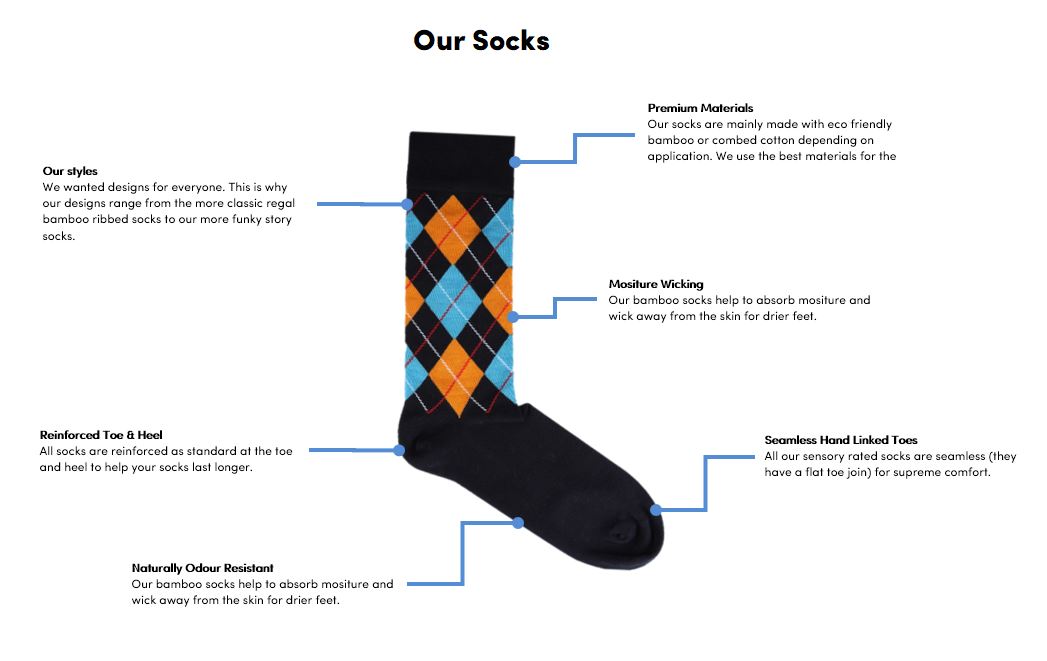
Nylon
Nylon, or Polyamide, is the first synthetic fiber in the world. Its most outstanding property is its exceptional strength and the resulting high durability, 10 times more than cotton, and 20 times more than wool. It is also stronger than polyester. Nylon is abrasion and water resistant. It does not absorb moisture as well as cotton, so sweat is trapped against the skin. It is not breathable, hence not a good choice for sweaty feet, as the sweat or wet environment creates a breeding ground for odor and fungal infection. Many of our designs are made from nylon yarn to add durability and elasticity. Without this, designs would simply fall apart. You would never want a sock made without some form of nylon.
